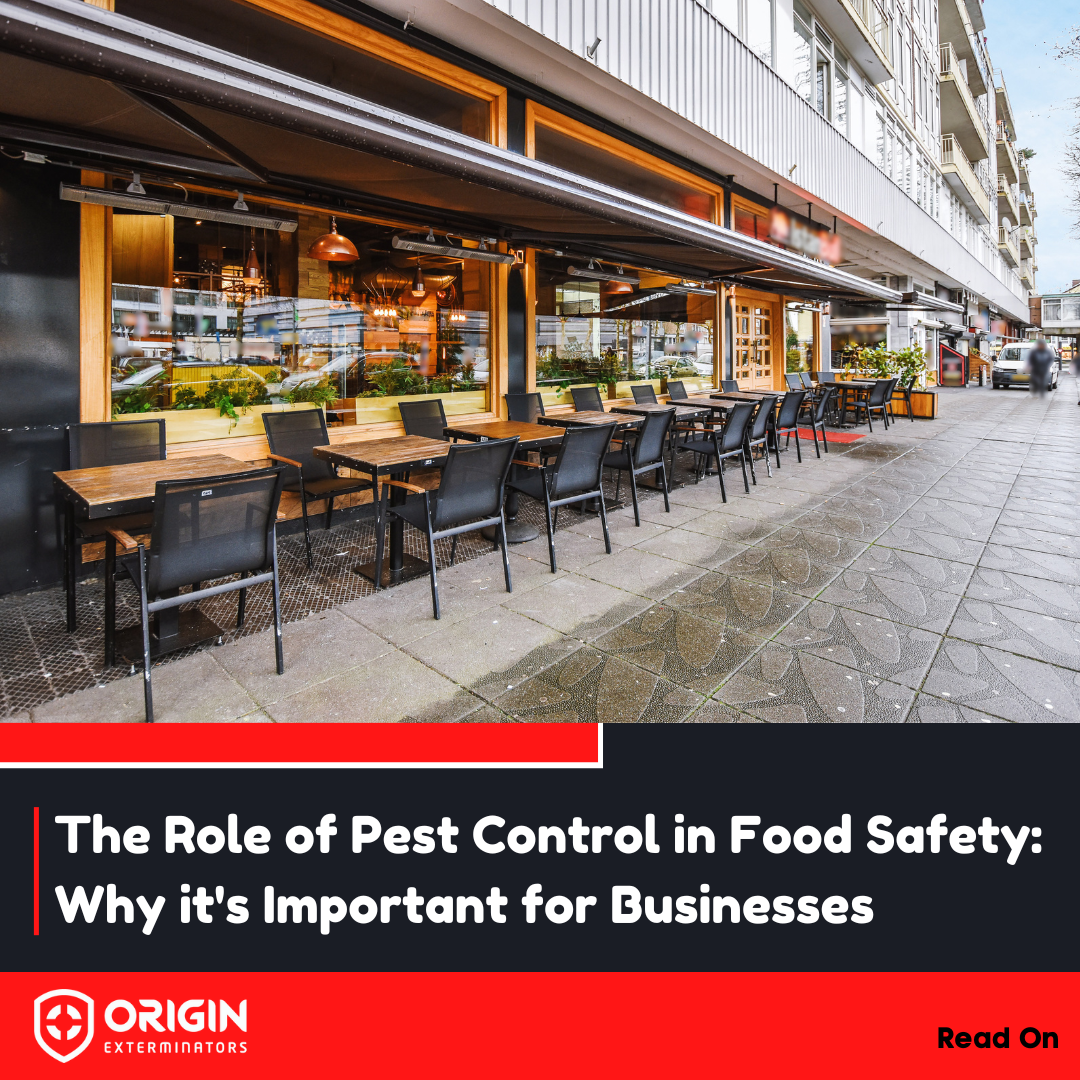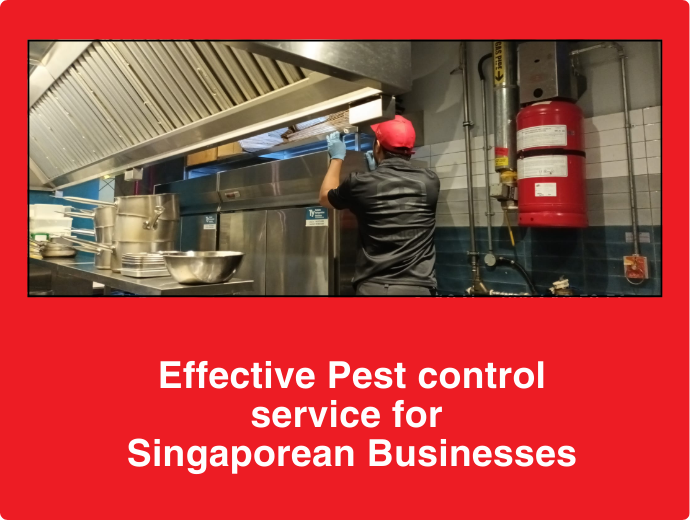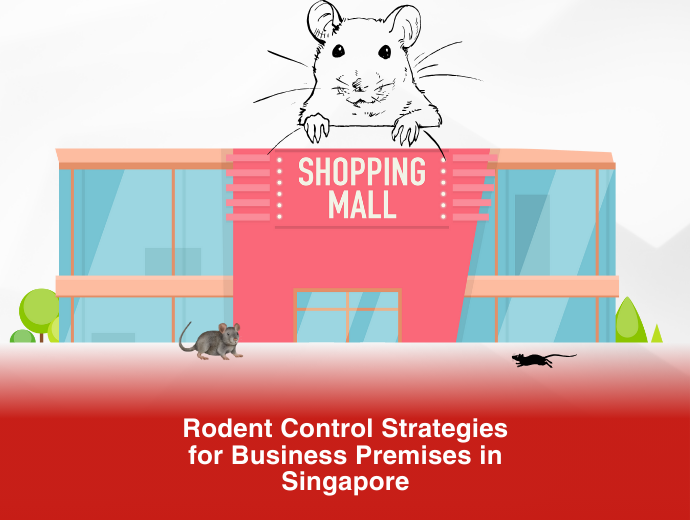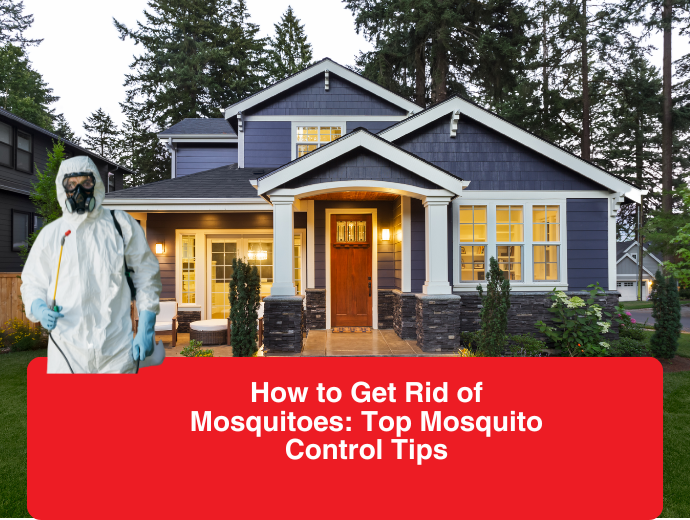With globalization, the international food market has become increasingly interconnected. This has led to a complex and often confusing web of food safety regulations, with different standards in different countries.
Pest control is one of the most critical aspects of food safety, and businesses must understand Singapore regulations. This article will provide an overview of pest control measures required by Singapore businesses, as well as the consequences of non-compliance.
What is pest control?
Pest control is the process of preventing and managing pests in a given environment. It involves a range of practices and techniques, including chemical, biological, physical and cultural methods.
Chemical methods of pest control are the most commonly used and involve the application of an insecticide or pesticide. These chemical compounds must follow Singapore’s guidelines, which comply with Codex Alimentarius.
Biological methods involve natural predators and parasites to manage pest populations. For example, this might involve introducing predators (such as ladybugs) to areas infested with aphids.
Physical methods involve using physical barriers to prevent pests from entering the environment. For example, screens, fences and traps can be used to exclude pests.
Cultural practices involve reducing food sources, harborage, and alternate hosts through sanitation. For example, cleaning and sanitizing food-handling surfaces can reduce the presence of pests in an area.
The role of pest control in food safety:
Pest control is incredibly important in food safety, especially in Singapore. Food businesses in Singapore must comply with the Pest Control and Management (PCM) regulations mandated by the Agri-Food and Veterinary Authority (AVA). These regulations aim to minimize the occurrence of pests in and around food-handling areas, as well as in the food and food contact surfaces, to ensure the safety of food products.
Pest control must also be conducted to eliminate or reduce foodborne illness risks. Effective pest management programs are essential to ensure that food is safe for consumers and is kept free from pests, insects and rodents that could cause contamination.
To comply with AVA’s regulations, food businesses in Singapore must conduct regular inspections of premises. They must also take preventive measures to control spiders, cockroaches, flies and other unwanted pests from entering. Exclusion measures such as sealing cracks and crevices, cleaning and removing harbourage points and pest control activities are necessary to maintain good hygiene standards.
Regular monitoring and reporting of pest control activities is also imperative for food safety. Business owners must hire licensed pest control operators to keep track of any pest infestations and take appropriate measures to prevent their recurrence. They must also submit reports of pest control activities to the AVA and keep records of pesticide applications used by their personnel.
Why is pest control important for businesses in Singapore?
Pest control is critical for businesses in Singapore for a number of reasons. Pests can damage property and businesses. Rodents, cockroaches, and other pests can destroy structures and spread diseases - posing a health risk to customers and employees.
Moreover, pests can contaminate food and food contact surfaces, potentially leading to food poisoning outbreaks. In the food industry, it is paramount that all safety standards are maintained to minimize contamination risk.
Additionally, pest activity can significantly increase business maintenance costs. It is essential to have regular pest control services in Singapore to prevent prolonged infestations, which can become extremely difficult and expensive to remove. In some cases, pest infestations can also be devastating to a business’ reputation, so it is paramount to take all necessary steps to ensure the safety of customers and staff in the event of a pest-related incident.
The benefits of pest control for businesses in Singapore:
Pest control offers several benefits for Singapore businesses. Firstly, it protects employees, customers, and property from pest dangers. Pest control services eliminate existing pest infestations and prevent future infestations. This allows businesses to remain compliant with local health and safety regulations and reduce liability for pest-related incidents.
Secondly, pest control services reduce the risk of contamination and food poisoning outbreaks. Having a pest control program in place helps businesses remain compliant with food safety requirements and minimizes the chance of a food-borne illness.
Thirdly, implementing a pest control program reduces maintenance costs for businesses. Regular pest control services help identify pest issues early and eliminate them before they become costly to repair. In addition, regular pest control services protect businesses from costly pest-related lawsuits.
Finally, regular pest control services help businesses maintain their positive reputation and trust.
How can businesses in Singapore get started with pest control?
Businesses in Singapore can start pest control by following these steps:
- Evaluate Potential Risks – Assess the environment and identify risk areas. This will help determine the best pest control measures.
- Research the Different Types of Pest Control Services – Research the types of services available and determine which is most appropriate for your business.
- Create a Pest Control Plan – Create a comprehensive pest control plan that outlines the process and protocols for preventing and eliminating pests.
- Implement the Pest Control Plan – Put the plan into action and make sure all staff are trained on the protocols.
- Monitor the Plan – Regularly monitor the pest control plan and ensure it is implemented correctly. Make any necessary adjustments to ensure the plan remains effective.
By following these steps, businesses in Singapore can start providing a pest-free environment for their customers and employees.
Conclusion:
As businesses strive to provide a safe and pest-free environment for customers and employees, pest control is an essential part of food safety in Singapore. Businesses must invest in comprehensive pest control plans that outline the steps and protocols for preventing and eliminating pests.
Effective pest control requires an understanding of the different types of services, the environment, and potential risks. To ensure the plan remains effective, businesses must regularly monitor and adjust it as necessary. By doing so, businesses can protect their reputation, providing customers and employees with peace of mind knowing their environment is safe and sanitary.
What would ORIGIN do?
Based on the latest research, we develop a customized treatment plan using the scientific method and data. By using scientific knowledge, we identify pest species and select the appropriate pesticides, baits, traps, and exclusion techniques. In addition, data helps us monitor the effectiveness of the treatment and prevent re-infestations. By applying the scientific method and data, we ensure that our pest control services are effective, safe, and based on the latest research and knowledge.

You might find the following article helpful: The Effects of Pest Infestations on Your Health and Property in Singapore




